How Your Credit Score Directly Impacts Your Financial Future
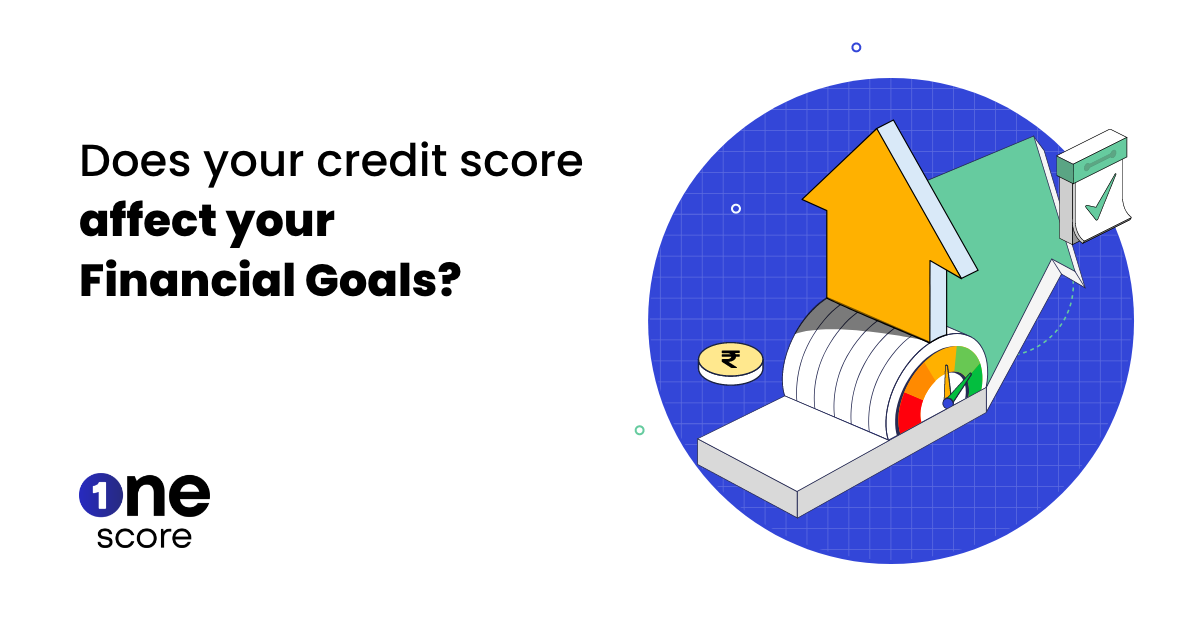
Think of your credit score as your financial track record, like a reputation among financial institutions. When you apply for loans or credit cards, you are requesting access to new financial prospects. Just as a travel history influences visa applications, a good credit score enhances your chances for successful financial opportunities.
This three-digit indicator (ranging from 300 to 900) paints a clear picture of your financial behaviour. It is the visa application of the financial world that unlocks doors to quick loan approvals, lower interest rates, and reduced processing fees.
Your credit score directly affects your financial future. Here’s how:
1. Higher credit scores lead to faster loan processing times and approvals
A good credit score opens doors to multiple loan and credit opportunities. This gives you options to negotiate with lenders for interest rates, processing fees, and other charges. Higher credit scores also result in faster loan approvals and processing times, as lenders trust your creditworthiness.
2. Access maximum-limit premium credit cards with a high credit score
High credit scores let you apply for premier credit cards that offer attractive cashback offers and reward points. These cards usually come with a higher credit limit and make it easier to make bigger financial decisions.
3. Secure your peace of mind by boosting your credit score
Improving your credit score is a strong commitment to a secure financial future. As you consistently pay your bills on time and track your credit reports, you’re only boosting your credit score and building credit for your future.
Who determines your credit score?
RBI has licensed four companies to provide credit scores — CIBIL (Credit Information Bureau Limited), with the others being Equifax, Experian, and High Mark. These companies provide a detailed breakdown of your credit score. You can now generate and download reports from the OneScore app to understand more about your credit score.
What factors shape your credit score?
-
Payment Behaviour
It is not recommended to regularly pay the minimum amount due on your credit card repayments, as it will hamper your credit score in the long run. Timely payment of credit card dues and EMIs helps you build your credit score point-by-point.
-
Credit History
It’s best to have a long-standing credit account free of old debts or bad loans. Having multiple old debts with a credit history of defaulting reflects poorly on the creditor and negatively impacts your credit score.
-
Credit Inquiries
Every credit card or loan application triggers a hard inquiry by financial institutions. A hard inquiry is when lenders thoroughly go through your credit report to judge your creditworthiness. It is not recommended to apply for multiple credit card applications or loans at once, as it may cast a shadow on your creditworthiness.
Also read: How is your CIBIL Score calculated?
Start building healthy financial habits to boost your credit score
Fortunately, credit scores are not permanent and can be improved by following simple financial habits:
1. Track Your Financial Behaviour
To consistently build up your credit score, remember to track the amount of credit used in total. Try to keep your credit utilization ratio low. Use credit management apps like OneScore that help you keep track of your credit scores.
2. Make Timely Credit Repayments
According to a report by Cibil, a 30-day late loan or credit card repayment can drop your credit score by as much as 100 points. Always keep track of your upcoming EMIs and credit card payments to keep your credit score steady.
3. Avoid Multiple Credit Card or Loan Applications
Plan ahead and always stay updated on your credit score before applying for credit cards or loan applications. Multiple hard inquiries will severely hamper your credit score.
4. Opt for Debt Consolidation
Handle your credit card debts smartly; consider debt consolidation to manage the repayment of outstanding or new loans. Multiple loans might increase the chances of defaulting, thus putting your credit score at risk.
Remember, it is never too late to start building and following healthy financial habits to secure your financial freedom. Your credit score will be your guide along the way, rewarding your commitment to these habits with increased financial opportunities and stability. Therefore, nurture a healthy credit history by diligently monitoring your credit report and making timely repayments for a bright financial future.
**Disclaimer: The information provided on this webpage does not, and is not intended to, constitute any kind of advice; instead, all the information available here is for general informational purposes only. FPL Consumer Services Private Limited and the author shall not be responsible for any direct/indirect/damages/loss incurred by the reader in making any decision based on the contents and information. Please consult your advisor before making any decision.
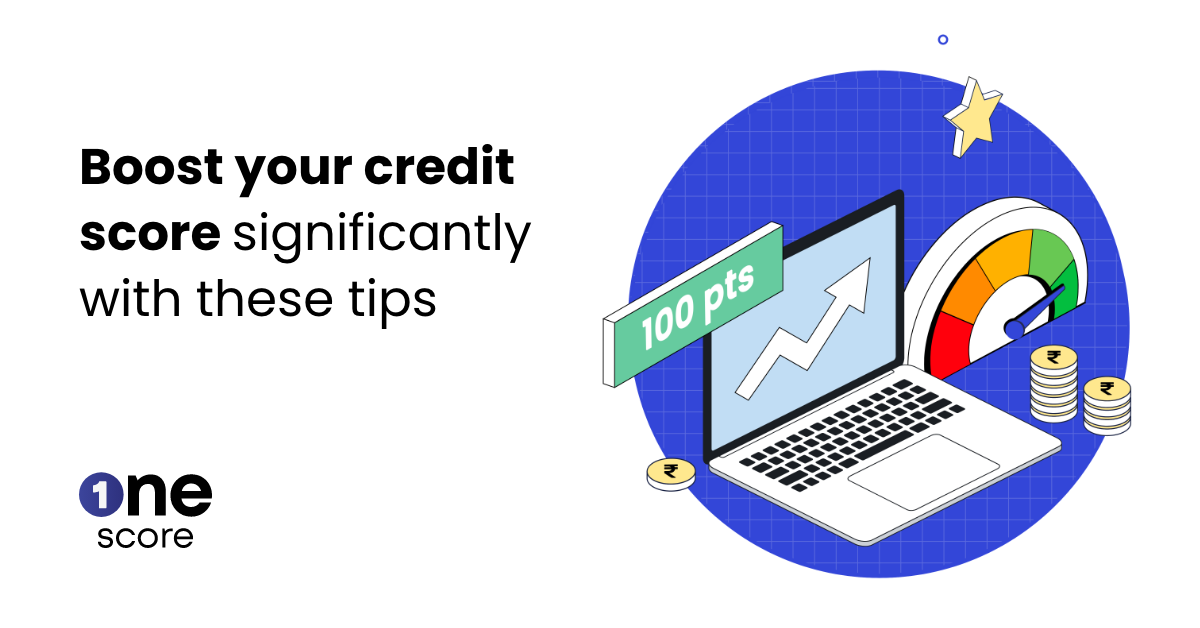
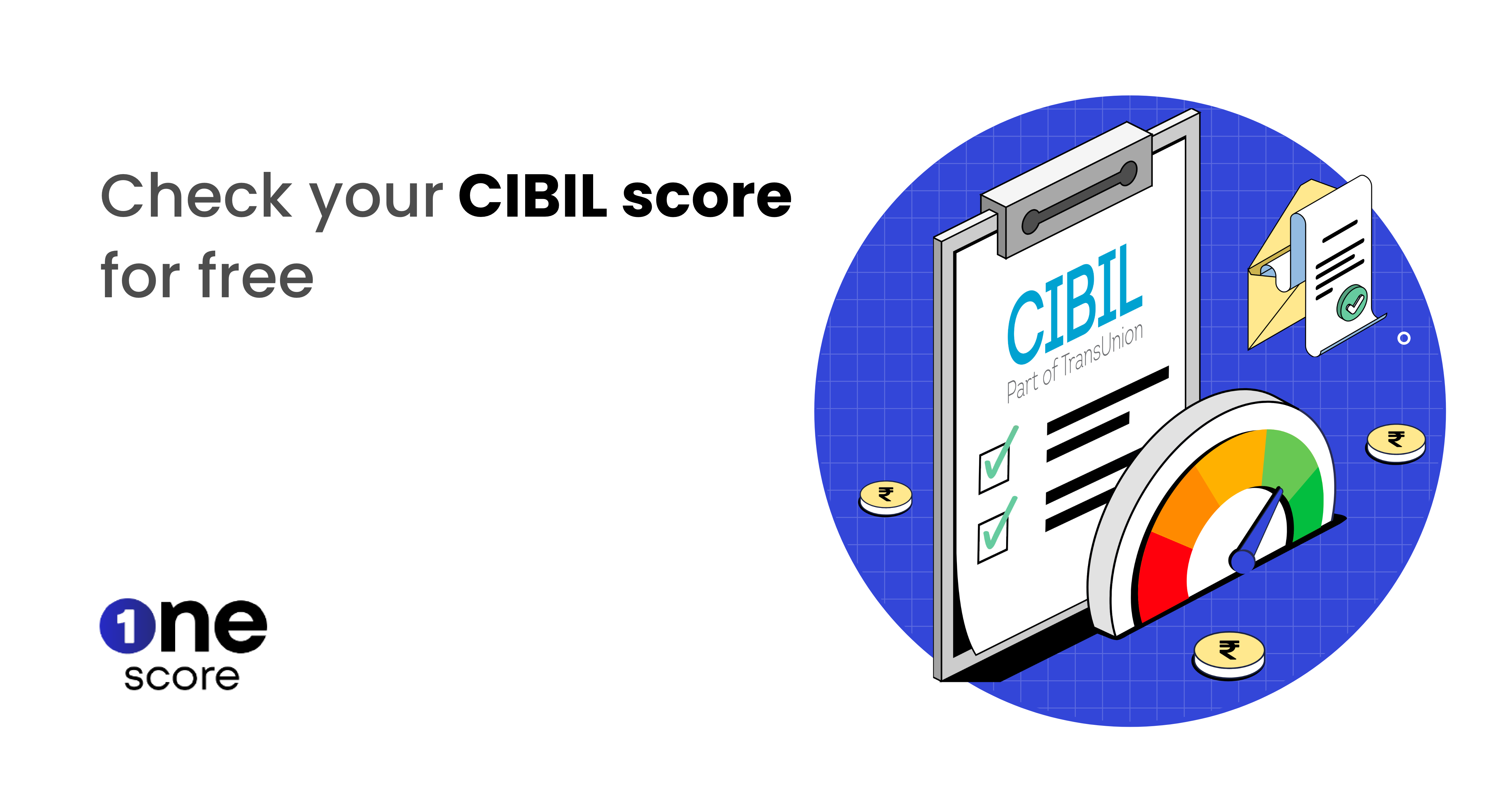
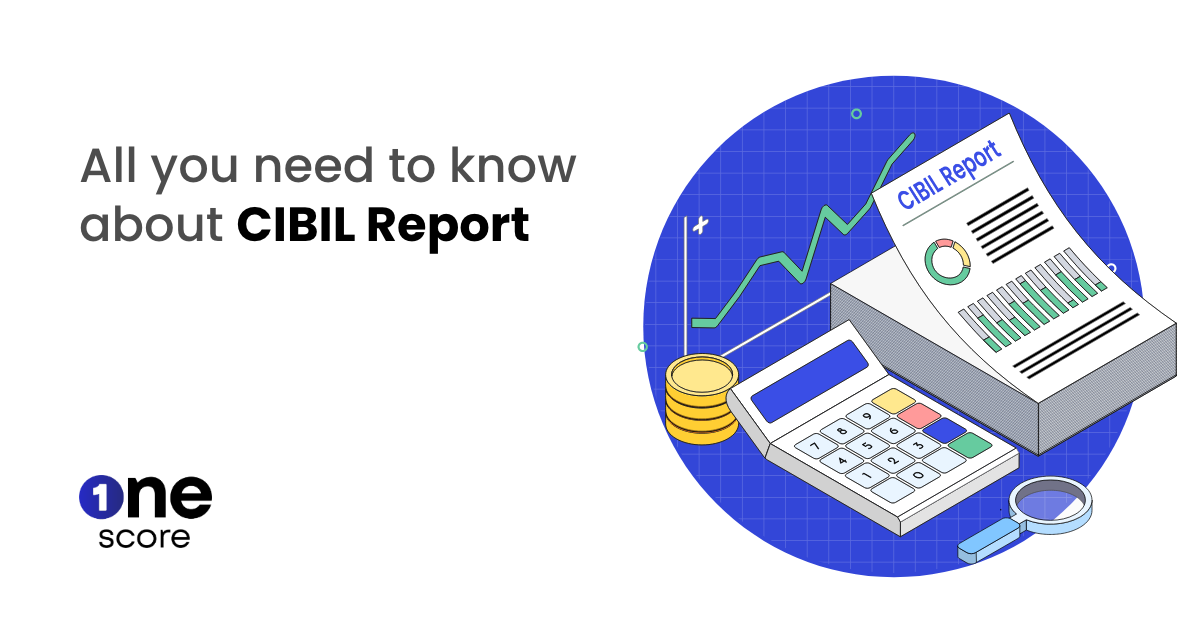
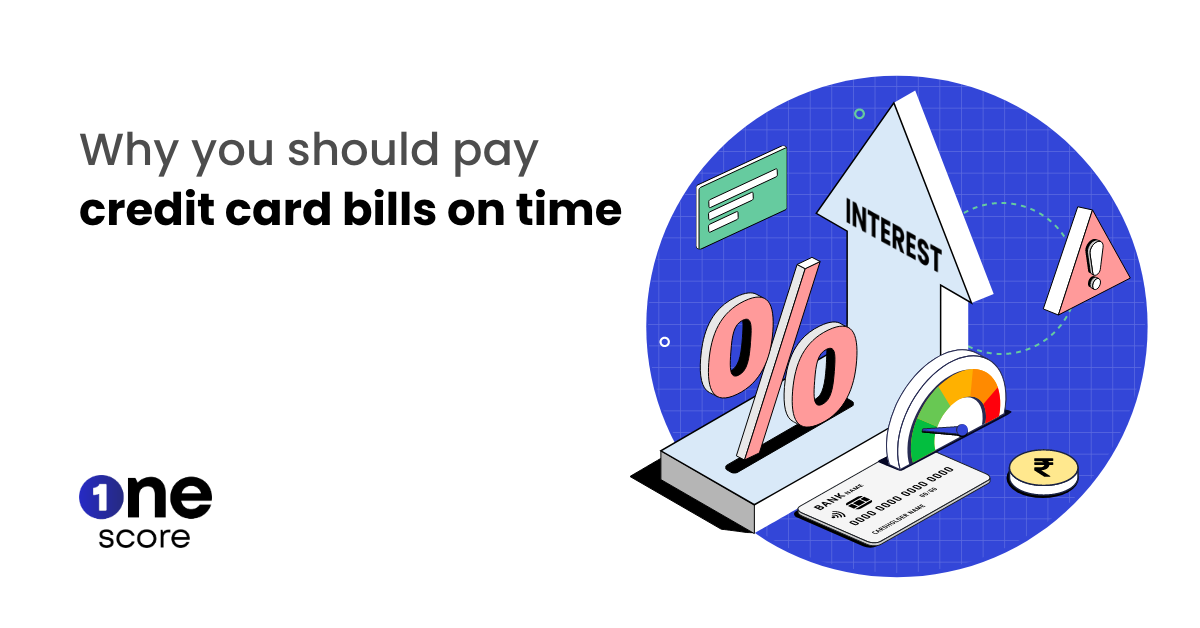
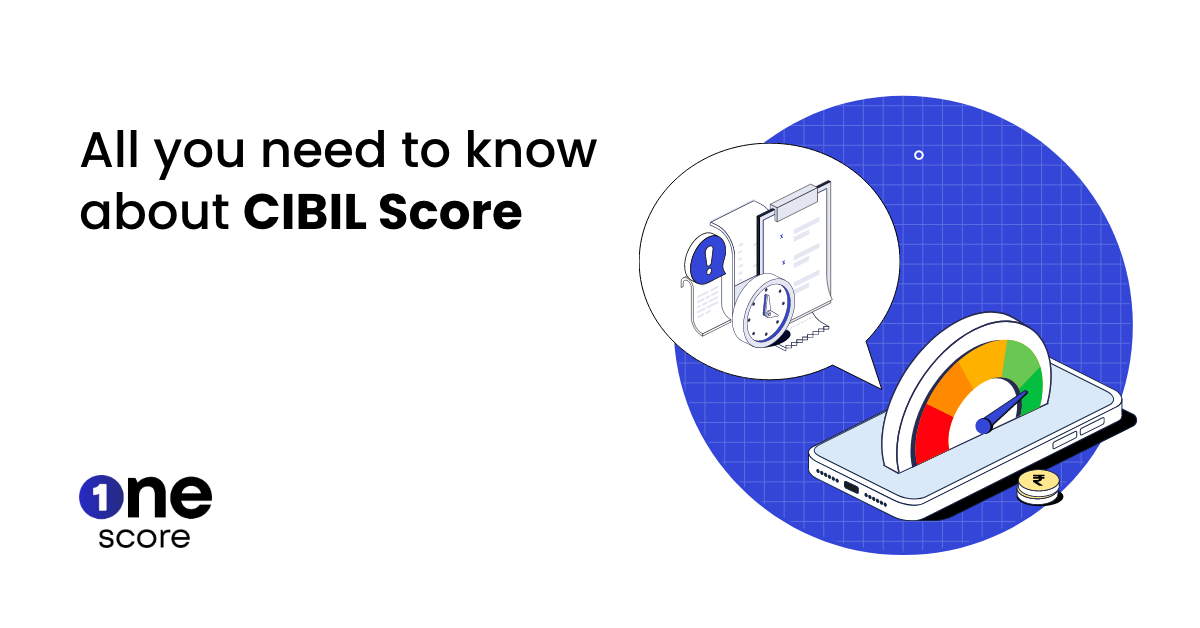
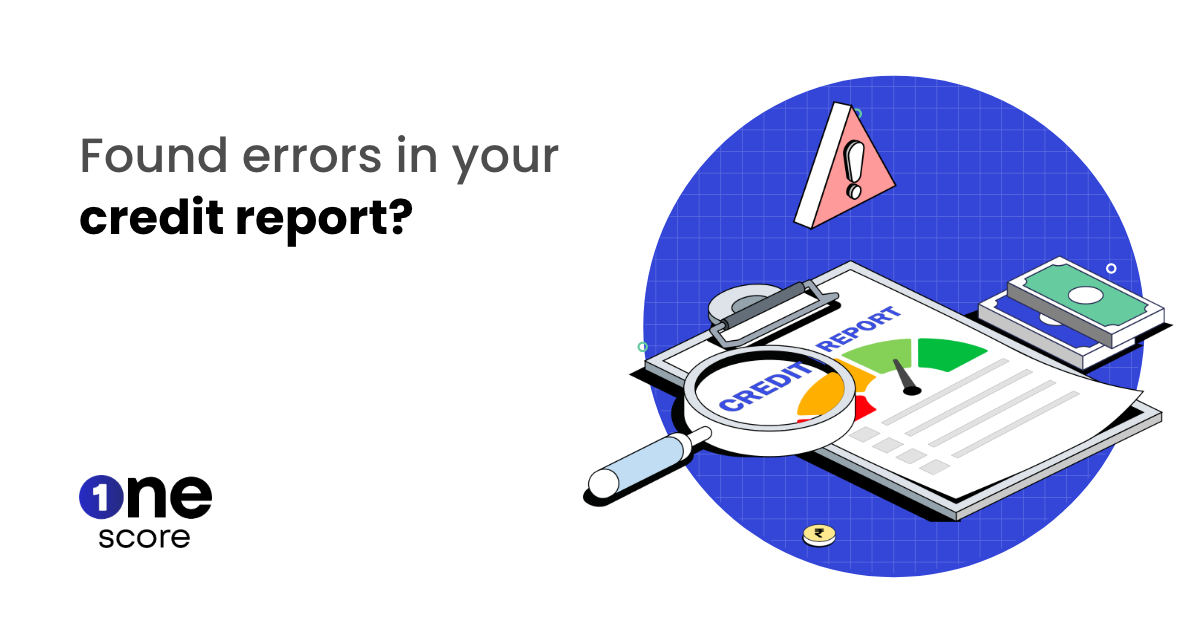
How to Report an Error on your Credit Report: A Step-by-Step Guide
- OneScore , January 21, 2024

